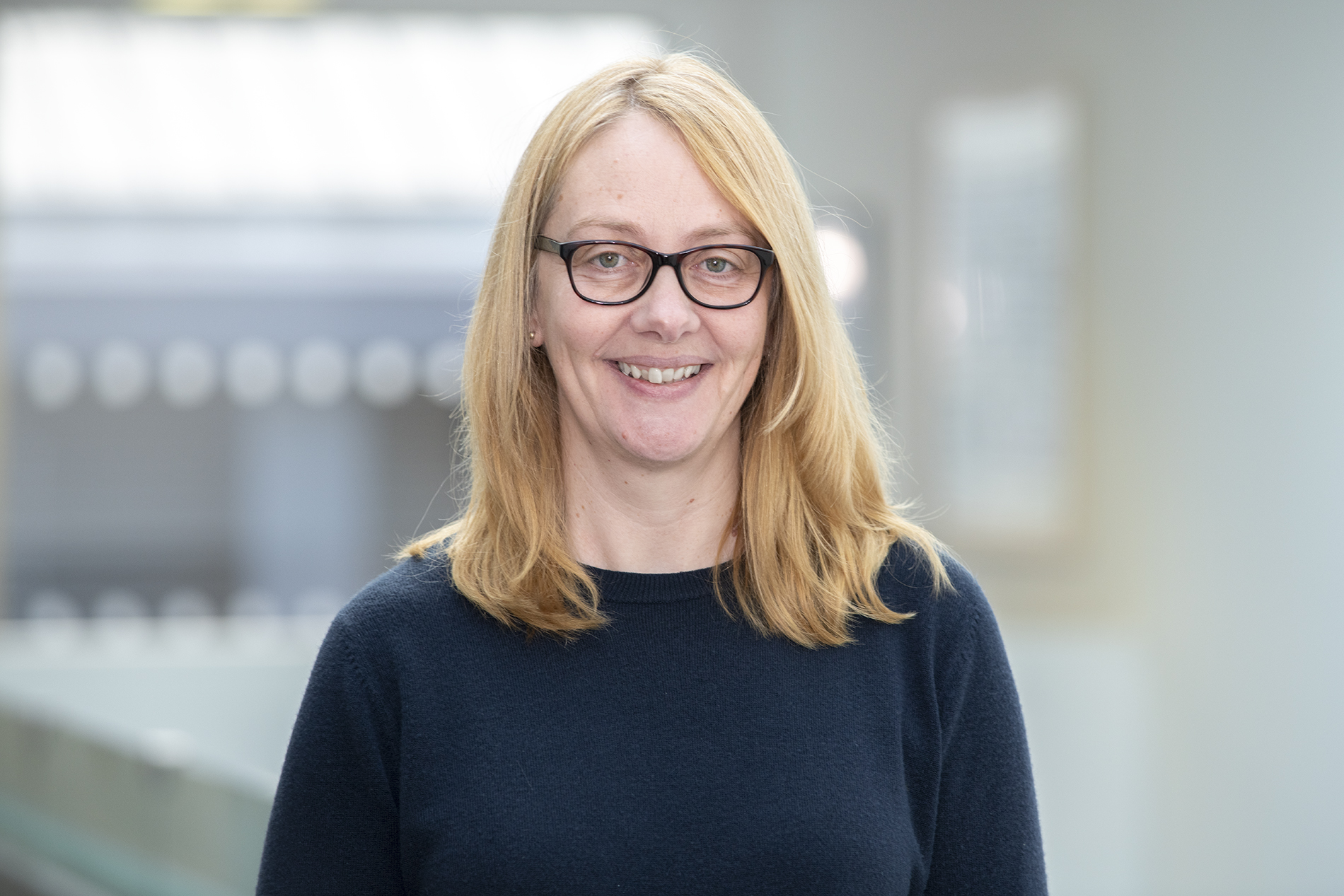Sustainability at the IGC

By Andrea Robertson, Lab Manager and Chair of the Sustainability Group at the IGC
The UK research and innovation sectors have co-developed a voluntary environmental sustainability concordat with a shared ambition to continue delivering cutting-edge research, but in a more environmentally responsible and sustainable way.
As part of this, the Institute of Genetics and Cancer (IGC), alongside all research institutions, will soon be required by multiple grant bodies, including UKRI and CRUK, to be working in labs certified at a Silver Level of Sustainability.
As Chair of the Sustainability Group at the IGC, my role is to encourage an environment where we can discuss ideas and share information about how to work – and live – more sustainably.
Ideally, we would always think about how to achieve a more sustainable lab environment, however unfortunately that is not always the case. Scientific research can often be seen as both a high waste and high energy – and thus unsustainable – environment to work in.
I have always felt that such a large entity as the University of Edinburgh could do more collectively, particularly regarding waste and procurement. However, it wasn’t always easy or straightforward to know what other Institutes were doing and often depended on how dynamic the local sustainability group was. With a new Sustainability Coordinator now employed in the College of Medicine and Veterinary Medicine, knowledge, idea sharing and communication across the College is set to improve. Led by the Sustainability Coordinator Neil Johnston, the aim is for the College to collectively apply for a Silver Level in labs, with each Institute/School being robustly audited.
Collectively at the IGC, the Operations Team, Lab and Facility Managers and members of the Sustainability Group have begun the process of meeting the various criteria for the Silver Award. While this is a significant body of work, we previously achieved Silver Award status in the labs in 2018 and I believe with a concerted, collective and supportive effort we can achieve this again.
So what can we do?
Ideally, PIs and lab members will get involved in their area to actively encourage and support this important endeavour.
On an individual role you can:
- Switch off equipment – end of use or end of day
- Keep the sash of fume hoods closed
- Put water baths and ice machines on timers
- Recycle appropriate waste – in the lab or after your lunch
- Procurement – consider ordering shared chemicals etc collectively
- Alter your -80˚C ULT freezer to -70˚C
- Alter your PCR programmes removing/changing 4C step
Read more about what you can do to make your lab more sustainable here: Sustainable labs.
If you are based at the IGC and would like to become involved in the Sustainability Group, contact: igc-sustainability@ed.ac.uk.



